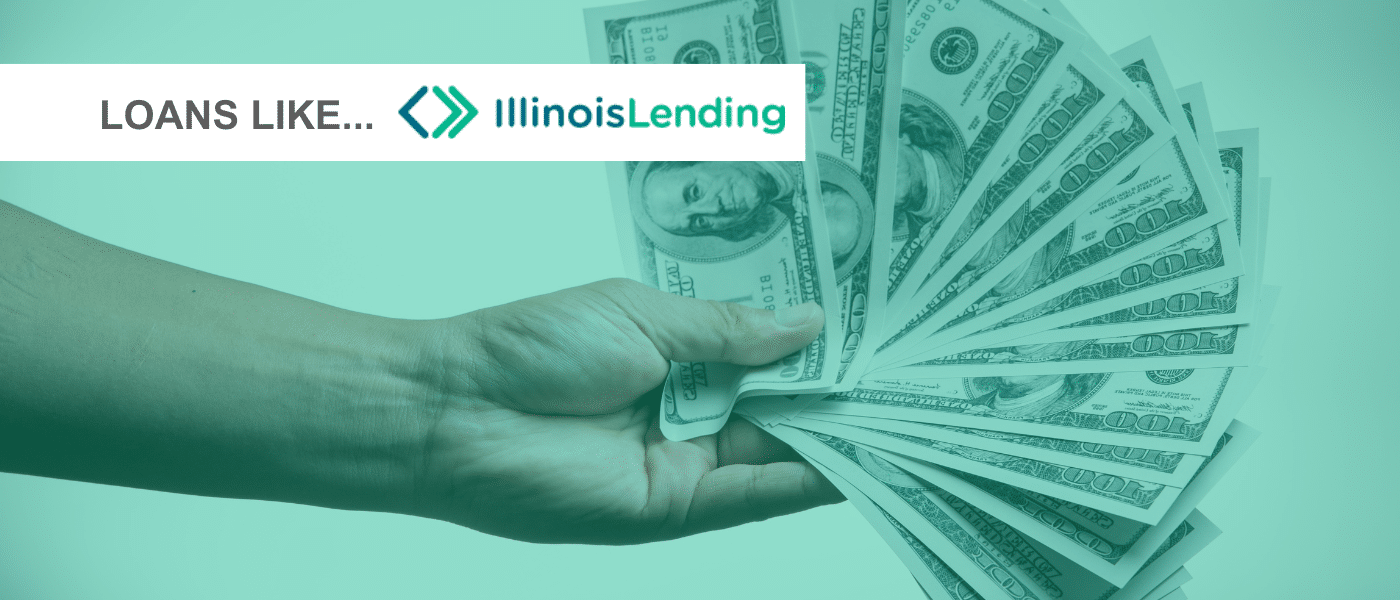If you receive an incorrect medical bill, you can dispute the medical collections account by contacting the healthcare provider and filing a complaint.
Medical costs are one of the main reasons that Americans have debt. In fact, 25% of adults with health care debt owe more than $5,000.1 Keep reading to learn the process of how to dispute incorrect medical collections accounts and their impact on your credit reports.
What To Do About Medical Collections
If you get a call from a medical debt collector, it is essential to get the following information:
- Dates
- Services
- The bill amount
- The original debt owner (if the debt was sold to them)
- The hospital of service
- Contact info for the debt collection agency
Once you are done talking with them, it’s imperative that you also contact your health insurance company (or past provider, depending on dates) and the hospital you visited (which you should know about). If you cannot remember where you got care, your insurance provider can help you find that. Also, you can check things like bank statements or online medical portals for information on payment records.
Ask a Debt Collector for a Verification of Debt Letter
A debt verification letter will have information about the debt, including the original owner, the hospital’s or clinic’s information, the amount, and sometimes an itemized breakdown of the debt. The debt verification letter will also have information on the debt collector.
File a Dispute Within 30 Days of Contact
Once you receive contact from a medical debt collector, you will have 30 days to file a dispute via an email or a certified letter. Once this dispute letter has been sent and received, the debt collector must stop any collection efforts and send you additional debt information. If the debt is not yours, it will be apparent to the debt collection agency, and you should be cleared.
The Importance of Repaying Medical Collections if the Account Is Yours
If you have any unpaid medical collections that are actually yours, it is essential that you pay back those unpaid medical bills. Once that letter or verification is sent, they can begin the collection process.
Most debt collectors are open to a payment plan which can make things more manageable. If you do not cooperate, collection agencies can take you to court and go as far as garnishing your wages—you’ll want to avoid this at all costs!
Do Medical Collections Show Up on Your Credit Reports?
Bills from medical providers will not show up on your credit report, even if they are unpaid medical bills. It is only when they are sent to collections is when medical bills affect your credit history and credit report.
As of July 2022, all three credit bureaus changed medical collections reporting. Any paid medical collections account will not show up on your credit report from any credit bureaus.
Another significant change is with unpaid medical collections. There used to be a six month wait period before these accounts showed up on a credit report; in July, this changed to a year. This extension allows people to pay off their medical collections account before it impacts their credit.
Once a collection account shows up on your account, it will appear on your credit report for up to seven years. Unfortunately, it is not possible to remove a negative entry from your credit report early. Although information on a credit report may not continuously affect your credit score until it falls off.
It is imperative to keep track of your credit reports for accuracy. And because of the fair credit reporting act, you are entitled to all three free credit reports annually. You can also get accurate credit scores from these credit reports.
Ensuring That a Debt Collector Is Labeling the Debt as Medical Debts
Even if the medical debt you are disputing is not yours, if you are still proving it to your debt collector, it is important to ensure that the unpaid debt is labeled as a medical collections account rather than quick cash loans, payday loans, etc. Since medical collection accounts get more leniency with credit reporting, it is essential that your collections agency labels the unpaid debt correctly.
Signs of Scams With Medical Collections
Although medical collection mistakes can happen with legitimate debt collectors, there are tons of scammers out there that may try and collect money from you. There are also consequences to falsely disputing a charge. These are some red flags to look out for:
- The medical billing advocate threatens you in any way.
- They say that they have already reported to the three major credit bureaus if it is your first time of contact.
- The collections agency does not have an address, email, or phone number.
- The debt collector does not send a debt verification letter and does not have any additional information on the overdue medical bills.
- The medical collection accounts do not have an origin.
How To Avoid Medical Collections in the Future
Sometimes unpaid medical bills will end up in collections with you not even knowing about them—and you will have to find these unpaid medical bills on your own. Other times because you forget to pay them. The good news is that there are several easy ways to avoid having medical bills turn into medical collection accounts in the future; here are some tips:
Know Your Medical Insurance Policy
When scheduling your medical visits, ensure that your hospital/clinic and doctor are in-network providers. Out-of-network services/providers will often cost more to you out of pocket and can add unnecessary debt.
Talk to Your Healthcare Provider
After visiting a clinic or hospital, it will be helpful to talk to a billing associate to ensure that there are no bills you have to pay. Depending on where you go, you may be able to also check whether you owe any bills online.
Check Your Mail Often
Checking your mail will ensure that you stay up to date with bills and can be the only way that third-party medical providers can reach out to you. For example, if you get lab work done, it is usually done through a third-party provider, which may not show up when you call your primary hospital. Instead, you will likely get a mailed invoice with your charges.
Make Sure To Pay Your Medical Bills
If you have any unpaid medical bills, it will be important to pay them if you want to avoid collections. Many hospitals are highly flexible when it comes to repaying debt. Ask about payment plans and minimum monthly payment amounts for your medical bills.
Negotiate With Hospital/Clinic
If the debt you get is completely unmanageable, you can look into negotiating your medical debt. There are many ways to go about this, depending on the situation. If you haven’t done anything like this before, consider hiring a billing advocate who can do the negotiations for you.
Crowdfund Your Medical Bills
Another way to pay your medical bills to avoid collections is to look into crowdfunding. Crowdfunding is online fundraising to which anyone can donate. You will have to share some personal information about why you need the money, but it can definitely work. Many Americans have used crowdfunding to pay for their medical bills, and you can get started for free.
How To Boost Credit After Medical Debt Collections
| Step | Description |
| 1. Maintain On-Time Payments | Ensure all other bills and debts are paid on time. Consistent on-time payments can help improve your credit score over time. |
| 2. Reduce Credit Card Balances | Lower your credit utilization ratio by paying down credit card balances. Aim to keep the ratio below 30%. |
| 3. Diversify Your Credit | Consider taking on a mix of credit types (e.g., credit card, installment loan) to show lenders you can handle various credit responsibly. |
| 4. Limit New Credit Inquiries | Avoid applying for multiple new credit accounts in a short period, as this can temporarily lower your score. |
| 5. Monitor Your Credit | Regularly check your credit reports to ensure all information is accurate and to track your progress. |
| 6. Seek Professional Help | Consider consulting with a credit counselor or financial advisor for personalized strategies to boost your credit. |
FAQs About Medical Bills
Always communicate with your medical provider if you’re having difficulty paying medical debt. Many providers offer payment plans or financial assistance programs to help patients manage their medical bills and expenses.
First, reach out to the medical provider and insurance company to clarify the situation. If it’s an error, request them to recall the debt from the collection agency. Monitor your credit reports to ensure the bill is removed or updated.
Always review the explanation of benefits from your insurance company. If you believe the claim was wrongly denied, you can file an appeal with your health insurance provider. In the meantime, keep the medical provider informed about the situation to delay the collection process.
Many hospitals and clinics offer financial programs for patients facing financial hardships. Reach out to the billing department of the medical provider to discuss your options and see if you qualify.
Yes, some states have laws against surprise medical bills, especially from out-of-network providers in emergency situations. Always check your state’s regulations and communicate with both the medical provider and insurance company if you receive an unexpected medical bill.
While the collection account can remain on your credit reports for up to seven years, some credit bureaus might remove it from your credit reports sooner once it’s paid, especially if it’s a medical collection. It’s always a good idea to check with the specific credit bureau and request an update of credit reports when necessary.
A Word From CreditNinja About Dealing With an Unpaid Medical Bill
At CreditNinja, we provide financial tips to help consumers better understand and manage their finances. If you want further information on how to deal with an unpaid medical bill, check out our online blog.
CreditNinja also provides installment loans with exclusive perks and competitive rates. If you are dealing with an unforeseen financial emergency and thinking to yourself, “I need 100 dollars now,” apply for a CreditNinja personal loan today!
References:






